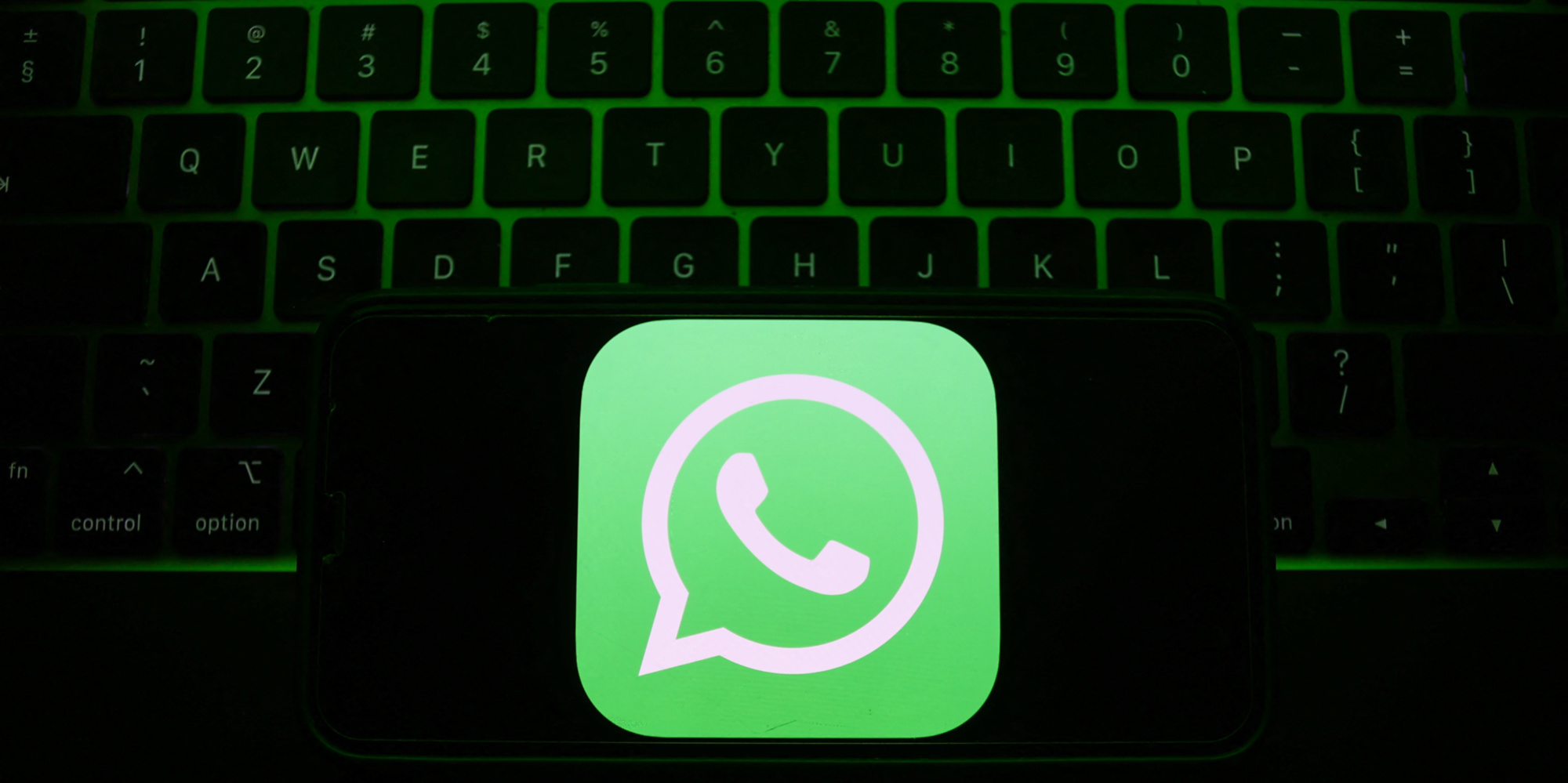Romain Rouillard / Photo credit: JAKUB PORZYCKI / NURPHOTO / NURPHOTO VIA AFP 18:27 pm, May 08, 2023
An online safety bill, currently before the House of Lords, is clouding the future of WhatsApp messaging in the UK, some ministers have warned. At issue is the desire to make users' messages legible in order to detect terrorist or child pornography content.It is an application that has become commonplace in our daily lives but is currently on the razor's edge on the other side of the Channel. WhatsApp messaging could, some ministers fear, disappear from the United Kingdom, reports The Guardian, quoted by BFMTV. At issue is a bill on online safety, currently being considered by the House of Lords. At the heart of this 250-page text, written by eight Secretaries of State and five Prime Ministers after four years of work, is the new power granted to the telecommunications regulatory authority across the Channel (Ofcom). This body could then impose on social networks the use of technological tools to fight against certain online content.
Clearly, Ofcom could engage in proactive analysis of private messages on end-to-end encrypted communication services, such as WhatsApp. With the aim of detecting terrorist or child pornography content. The bill plans to impose fines, up to 10% of global turnover, on platforms that refuse to comply.
"The bill provides no explicit protection for encryption"
But for WhatsApp, this provision contravenes the initial promise made to users to guarantee the confidentiality of exchanges. And from a purely technical point of view, it is anyway impossible for this type of platform, using end-to-end encryption, to read private messages. Whatever happens, WhatsApp refuses, as things stand, to take the plunge. "The bill does not provide any explicit protection for encryption," said a coalition of platforms joined by WhatsApp and Signal. A measure that could, they say, "compromise the privacy of all users".
>>
READ ALSO – Twitter: the new outage that affected the social network was caused by... only one employee
Last March, Will Cathcart, the boss of WhatsApp had already told the Guardian of his doubts about the relevance of this bill for the platform he runs. "98% of our users are outside the UK. It would be a strange choice for us to choose to reduce the safety of the product in a way that would affect those 98% of users," he said.
More recently, it was Richard Allan, member of the House and former head of politics of Meta (which includes Facebook, WhatsApp and Instagram), who denounced, still in the Guardian, an "intentional ambiguity" on the part of the British government. "They are careful to say that they have no intention of banning end-to-end encryption... but at the same time refuse to confirm that they could not do so under the bill's new powers," he said.
No question of banning end-to-end encryption
Damian Collins, a Conservative MP who chaired a committee supposed to examine the bill, says that the latter would not question encryption but would simply force platforms to share the content to which they have access. This does not include the content of private messages. The MEP concedes, however, that, through this provision, regulatory authorities should be able to access users' background data, including their contacts.
On the side of the defenders of the project, we try to reassure the most skeptical. "The draft law on online security in no way represents a ban on end-to-end encryption, nor will it require services to weaken encryption," an interior ministry spokesman said. He added, as if to insist on the validity of the text: "We support strong encryption, but this cannot be done at the expense of public safety."

